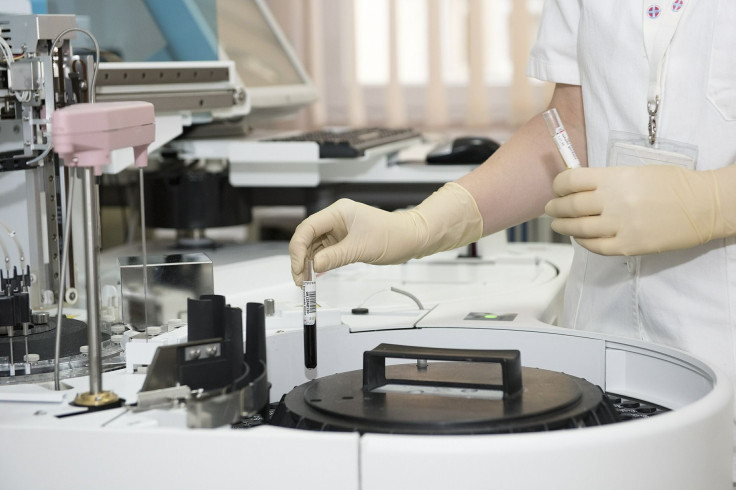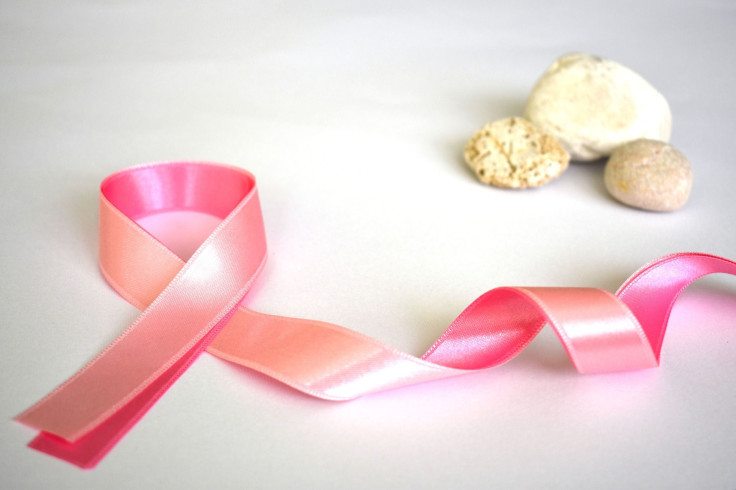New Breast Cancer Treatment Drastically Boosts Survival Rate

Researchers have found that a new form of drug has drastically improved survival rates in younger women afflicted with the most common type of breast cancer after conducting an international clinical trial
The results were presented at the American Society of Clinical Oncology’s annual meeting in Chicago and showed that the addition of the drug increased survival rates to up to 70 percent after almost four years. Patients who were randomly assigned a placebo had an increased mortality rate of up to 29 percent.
The lead author of the study, Sara Hurvitz, stated that they focused on an estrogen-fueled form of breast cancer, which accounts for two-thirds of all cases of breast cancer among younger women. This form of breast cancer is usually treated using therapies that block the hormone estrogen’s production.
The study looked at more than 670 cases and only included women who had stage 4 cancer and had not received any prior hormone-blocking therapy. The study shows promise as it improved survival rates among women who already had advanced breast cancer.
The drug, ribociclib or Kisqali, is marketed by Novartis and administered daily, as a pill, for 21 days. Patients then take seven days off to allow their bodies time to recover since the study found that two-thirds of patients white cell count had a moderate to severe drop. The drug costs $12,553 for a 28-day dose however a spokeswoman for Novartis was quick to address financial issues by expressing that a majority of US patients with commercial insurance would not have to pay anything for their Kisqali prescription.
The drug works by hindering the activity of enzymes that promote the development of cancer cells and is considered to be less toxic compared to traditional chemotherapy. This is because Kisqali selectively targets cancerous cells, thus blocking their ability to multiply. Studies have also found that Kisqali could inhibit the growth of tumor cells.

Hurvitz has stated interest in studying whether or not ribociclib could help nip breast cancer in the bud if administered at an earlier stage. She also expressed interest in whether or not the drug could stop cancer from metastasizing.
However, there is still no cure for metastatic breast cancer and a majority of women with breast cancer will still need some form of therapy in addition to the drug for the rest of their lives.
© Copyright IBTimes 2024. All rights reserved.





















